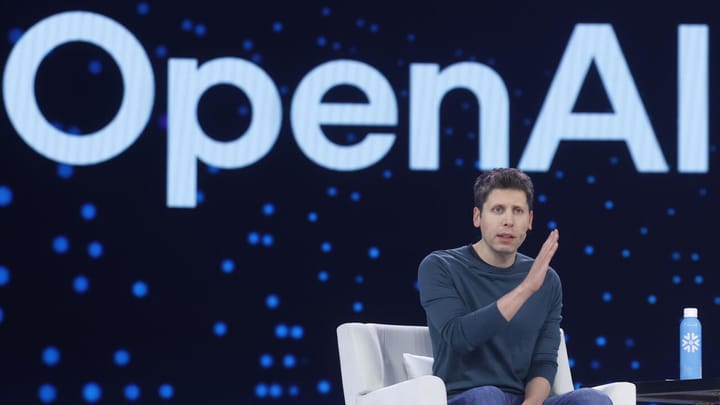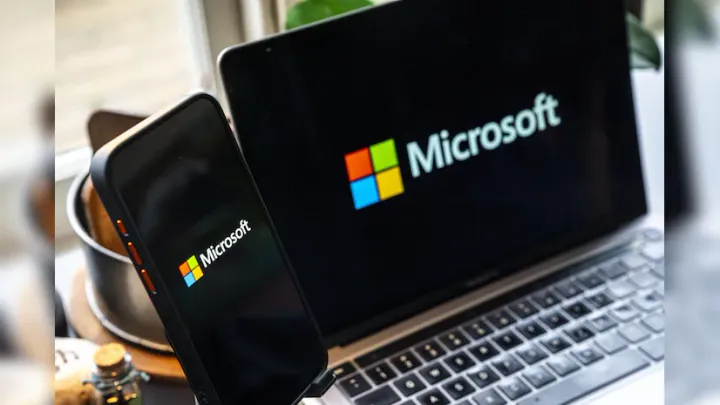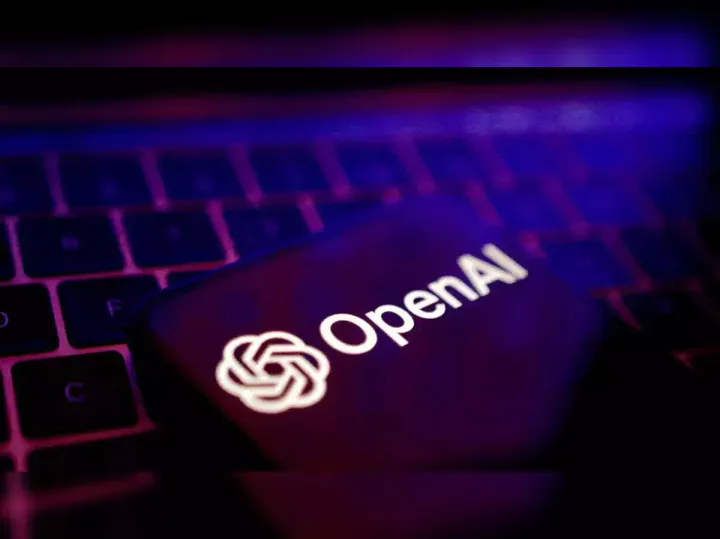Elon Musk’s $97.4 Billion Bid for OpenAI Rejected by Sam Altman – A Battle for AI’s Future
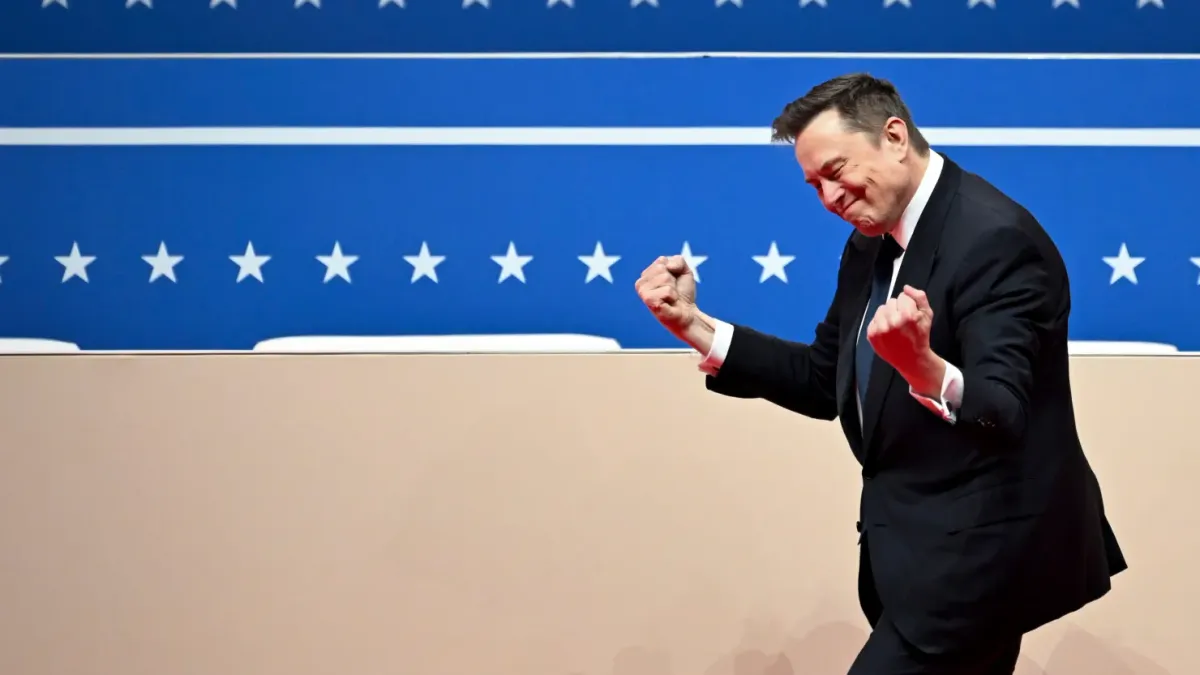
Elon Musk, along with a group of investors, has submitted a staggering $97.4 billion offer to take control of OpenAI, the artificial intelligence company behind ChatGPT. According to CNBC, the bid was to take OpenAI back to its original mission of being an open-source, safety-focused AI organization. However, the CEO of OpenAI, Sam Altman, swiftly rejected the offer, leading to a public clash between the two tech moguls.
The Offer: A Bid to Reshape OpenAI’s Future
On Monday, Marc Toberoff, Musk’s attorney, officially submitted the bid to OpenAI’s board. The proposal was first reported by The Wall Street Journal and later confirmed by CNBC. Musk’s goal, as stated in the bid, is to restore OpenAI’s nonprofit ethos and ensure that AI development remains transparent and beneficial to humanity.
The investor group supporting Musk comprises his AI startup xAI, Baron Capital Group, Valor, Atreides, Vy Capital, Joe Lonsdale's 8VC, and an investment vehicle led by Endeavor CEO Ari Emanuel. Together, they want OpenAI to steer back on the course it had envisioned at the time of its founding.
Toberoff said the funds were dedicated strictly to fulfilling the original charitable mission of OpenAI. This means they would have the open-source nature of AI development reinstated and safety as a top priority.
Altman's Response: An Absolute Refusal
It was not before long when Sam Altman shot down the offer. In a cheeky post on X, Altman said, "No thank you, but we will buy Twitter for $9.74 billion if you want." The dig was aimed at Musk, who had earlier bought the platform Twitter, now X, for $44 billion in 2022 and has only lately been finding it difficult to improve the platform.
Musk, however, was not ready to roll over on his back and surrender. He fired back stating that Altman was a "swindler" and, in another reply to another user, called him "Scam Altman." This public exchange resurfaced the tension that has been building between the two tech leaders.
Musk vs OpenAI: A Legal and Ideological Battle
The battle between Musk and OpenAI is more than this failed proposal. Musk is currently suing OpenAI, accusing it of antitrust violations and challenging its conversion into a for-profit company. OpenAI was initially founded in 2015 as a nonprofit organization dedicated to the responsible development of AI. However, under Altman's leadership, OpenAI has grown to become the leader in the generative AI space, especially after the introduction of ChatGPT in 2022.
Microsoft has been the largest financial backer of OpenAI, with billions invested into its AI infrastructure. SoftBank is said to be near closing a $40 billion investment in OpenAI at a $260 billion valuation. These investments appear to indicate that the current leadership of OpenAI has no interest in giving control to Musk's investor group.
The Broader Implications: AI, Politics, and Corporate Power
The battle for OpenAI is less about ownership than it is about the larger fight over AI governance, ethics, and power. Musk's offer is presented as an effort to return OpenAI to its nonprofit roots, but skeptics suggest that his true intention may be to consolidate his influence in the AI industry.
Making matters even more complicated, Musk is an advisor to former U.S. President Donald Trump. OpenAI recently entered into a deal with SoftBank and Oracle on a project called Stargate, which entails a huge investment in AI infrastructure in the United States. The partnership was announced not long after Trump returned to the political arena, raising the stakes on whether AI will be involved in geopolitics and the extent of corporate influence.
Musk's lawyer, Toberoff, has even appealed to attorneys general in California and Delaware, suggesting that they unseal bidding for OpenAI. This hints that Musk's camp is indeed preparing for an extended legal tussle for the future of the AI titan.
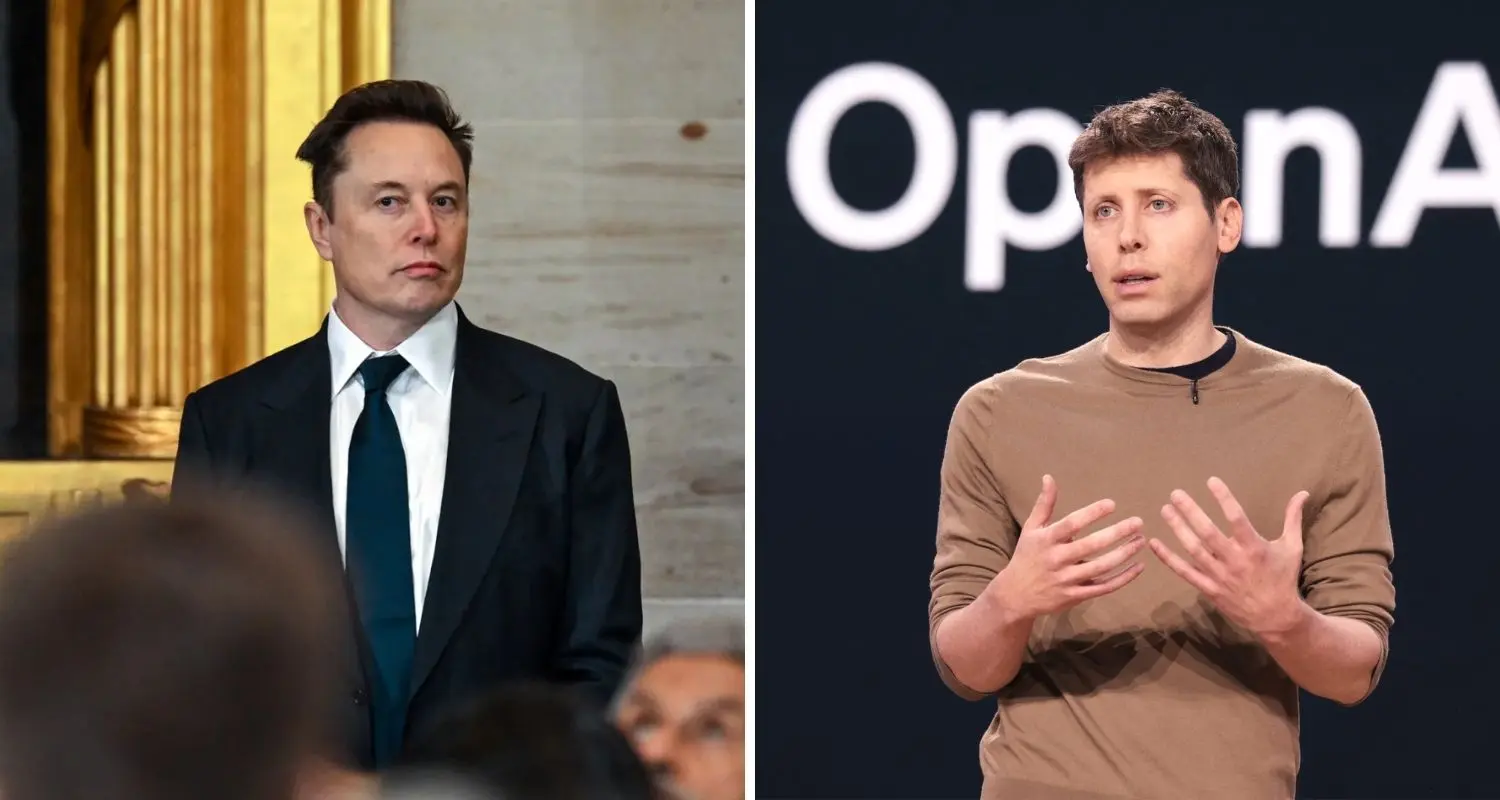
What is Next?
OpenAI, however, is standing firm against Musk's bid, and whether Musk escalates his legal approaches or comes up with another strategy for influence in AI is to be seen. Meanwhile, OpenAI is constantly building on its partnerships as well as massive investments, increasing its leadership position in AI development.
The situation underlines the increasing rift between Musk and OpenAI, once lovers and partners in AI-related research now adversaries within one of the biggest technological battles of the decade.
FAQ Section
Why did Elon Musk make a bid of $97.4 billion for OpenAI?
In the process, Musk and his consortium of investors want to regain control of OpenAI so it can return to its original roots as an open-source, safety-oriented AI organization. This is because OpenAI has strayed so far from its founding principles and become over-commercialized.
Why did Sam Altman turn down Musk's offer?
Altman categorically rejected the offer, saying OpenAI isn't for sale. Even a letter on X, with a tone he couldn't but be sarcastic about, proved that he would never give in to Musk and his investor group.
What are the main conflicts between Musk and OpenAI?
The disagreement between Musk and OpenAI is also over its transition from a nonprofit to a for-profit entity. Musk has sued OpenAI for antitrust violations, claiming it has betrayed its original mission. Moreover, Musk and Altman have publicly clashed over AI governance and corporate ethics.
How does Microsoft and SoftBank fit into this conflict?
Microsoft has been OpenAI’s largest financial backer, investing billions into its AI infrastructure. SoftBank is also nearing a $40 billion investment deal with OpenAI. These investments indicate strong support for Altman’s leadership, making it unlikely that Musk’s bid would be entertained.
What does this mean for the future of AI?
The issue is about the ongoing fight of who owns the future of AI. OpenAI, Microsoft, and SoftBank are setting the future for the industry with corporate alliances, government policies, and legal challenges in its way.
However, Sam Altman and the people owning the OpenAI company had strongly opposed Musk's takeover plan. Musk made a bid at acquiring OpenAI with the motivation of reviving its original intent. His rivals say that all he wants to do is become the ruler in the AI realm. As battles continue in courts and public places, the direction that OpenAI will take continues to be anyone's guess. What is quite sure, however, is the fact that war over AI power has just been beginning.

